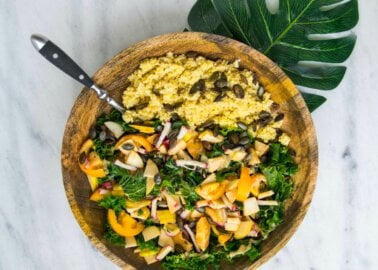How Ditching Dairy Helped My Family, an Interview With Gillian Loughran, Editor of ‘Autism Eye’
We recently spoke to Gillian Loughran, who has an autistic son, Finn, and is the editor of Autism Eye, a magazine aimed at providing parents with practical information about raising children with an autism spectrum disorder. Following some recent comments in the media about a connection between the symptoms of autism and dairy consumption, Gillian felt it was important to let other parents know about the potential benefits of dropping dairy products, based on her own family’s experience. She had this to say:
Following some recent comments in the media about a connection between the symptoms of autism and dairy consumption, Gillian felt it was important to let other parents know about the potential benefits of dropping dairy products, based on her own family’s experience. She had this to say:
From a very young age, my child has been on a gluten-free, casein-free diet. It’s very common within the autism community – there are numerous parents doing the same thing. All of us seem to be saying the same thing: that a no-wheat and no-dairy diet improves sleep, behaviour and concentration in our children. Parents other than myself report that it makes children more focussed, they find it is easier to learn in school, they report fewer issues with the gut – issues such as constipation and other digestive issues.
In a letter to the media, she wrote:
My son, now 14, is a strapping lad who is taller than his father. He is growing, maturing and learning quite well. But when he consumes dairy products, his symptoms come back. He can’t concentrate, focus or sleep well. The magazine I edit, Autism Eye, published by award-winning journalists, who are also parents of children with autism, reports on different interventions and diets that can have a positive impact on our children’s lives. And we have covered the link between consuming dairy products and the symptoms of autism. We don’t give our readers medical advice because we are not doctors, but we certainly give parents information about what is reported to be working for other people and then let them and their doctors determine whether it helps their child.
In the past, we’ve heard from many other parents who relate similar stories. The value of parents’ experience should not be underestimated. As Harvard-trained physician Raphael Campo explains, “Whether we choose to admit it or not, the anecdote continues to be an important engine of novel ideas in medicine. … When we fail to listen to our patients’ stories, we lose the opportunity to discover what truly ails them”. To hear more, please visit Autism Eye‘s website, and for info on some great alternatives to dairy and other animal products, please order our free vegan starter kit: PETA.org.uk/vsk.



